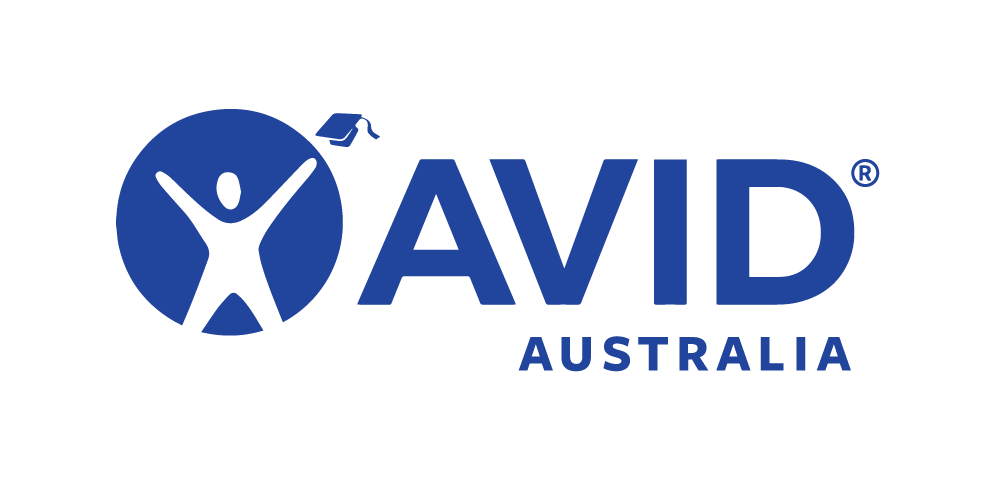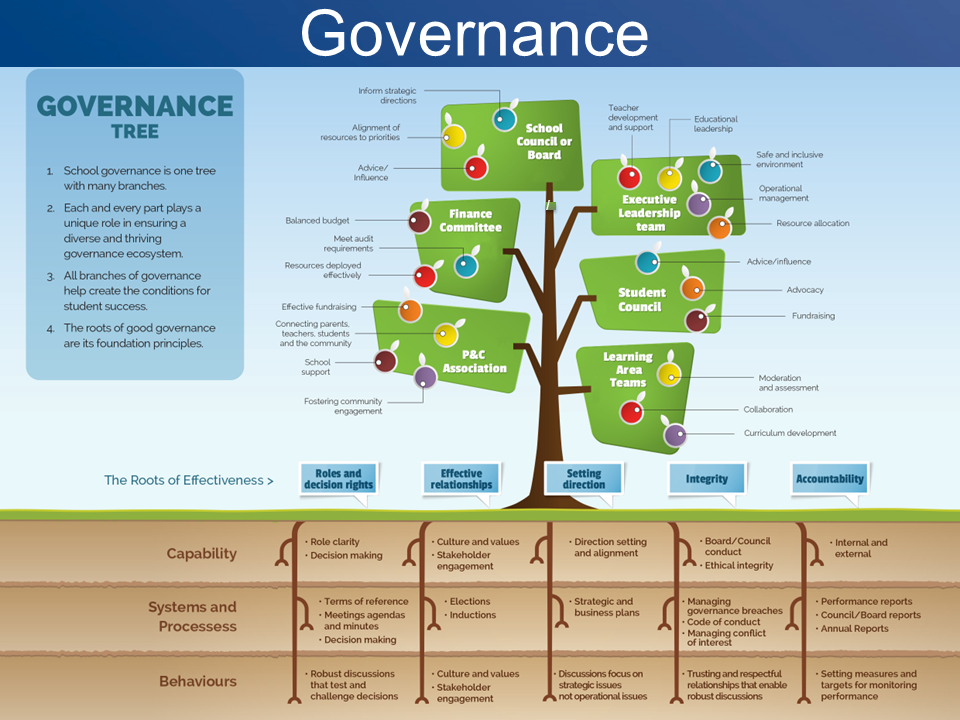Strong community and industry representation is encouraged on the Board to ensure it can make a significant contribution to the development of the College. The College Board is a legally formed body that, in partnership with the Principal, is given powers to set and monitor the key directions of the College. It is the major governing body of the school and oversees the school’s performance.
The Baldivis Secondary College Board is unincorporated and therefore does not:
- Own assets,
- Manage a bank account,
- Borrow money,
- Offer any financial security for liabilities, or
- Enter into a contract involving a financial outlay.
The School Education Act 1999 and the School Education Regulations 2000 provides the means by which Board members are elected or appointed and outlines the structure of a Board.
School Governance
In simple terms, school governance refers to the way a school is managed and run. It involves decisions made by people like principals, school boards, and administrators about how the school operates. Essentially, school governance is about who’s in charge of what and how they make decisions to ensure the school runs smoothly and effectively for the benefit of students, teachers, and the wider community.
College Self-Assessment Schedule
Our school self-assessment schedule serves as a structured framework for evaluating our performance and progress. This schedule outlines predetermined intervals at which we conduct comprehensive assessments to gauge various aspects of our college environment, curriculum effectiveness, and overall efficacy and when we report to the college board.
Through this process, we systematically review our strengths and weaknesses, identifying areas for improvement and devising strategies to address them. By ensuring that our evaluations are regular and thorough, we are able to maintain accountability and drive continuous improvement.
View the Annual Self-Assessment and Review Schedule
Board Functions
- To take part in:
- establishing and reviewing from time to time, the school’s objectives, priorities and general policy directions.
- the planning of financial arrangements necessary to fund those objectives, priorities and directions.
- endorsing and regularly reviewing the college budget and Business Plan;
- endorsing the Annual Report.
- evaluating the school’s performance in achieving them; and
- formulating codes of conduct for students at the school.
- With the approval of the Director General to:
- take part in the selection of, but not the appointment of, the school principal or any other member of the teaching staff.
- To approve
- charges or contributions determined by the principal for the provision of certain materials, services, and facilities.
- costs determined by the principal to be paid for participation in an extra cost optional component of the school’s educational program.
Board Composition
Our College Board is made up of;
i) Six (6) parents
ii) Two (2) students;
iii) up to Four (4) members of the general community (seconded by the Board) at any one time; and
iv) Three (3) staff of the school in addition to the Principal.
Parents, community members and business/industry members are encouraged to nominate for positions when they become available. In making this commitment, prospective Board members should be prepared to:
- Be willing to donate their time and expertise.
- Contribute to the work of the College Board and to act in the best interests of the school.
- Commit to the college’s ethos.
- Demonstrate confidentiality and sensitivity to differing views and have the ability to work in a spirit of cooperation – members “speak as one voice” in the public arena once any decision has been made.
The Board meets twice per term, currently on a Thursday at 8:00am in the College board room. Meetings are of ninety minutes duration. Some matters may be discussed via email. Additional committee meetings and/or special meetings are held as required.
Click here for a list of the current Board Members.
Criminal History Check Requirements for Board Members
Before they can start their role, all school council and board members must have a criminal history check. To receive screening clearance, refer members to Nationally Coordinated Criminal History Check.
This is in line with the Criminal History Screening for Department of Education Sites policy and procedures.
To check the screening clearance for a school council and board member, refer to Check criminal history screening status.
Terms of Reference
Other Resources:
- Additional resources can be found of the Department of Education’s website.
- Councils and Boards In Public Schools policy and procedures
Meeting Dates 2024/2025:
- Thursday, 28 November 2024 – 6:00pm
- Wednesday, 19 February 2025 – 8:00am
- Wednesday, 26 March 2025 – 6:00pm – Open Meeting
- Wednesday, 14 May 2025 – 8:00am
- Wednesday, 18 June 2025 – 8:00am
- Wednesday, 6 August 2025 – 8:00am
- Wednesday, 10 September 2025 – 8:00am
- Wednesday, 29 October –2025 – 8:00am
- Wednesday, 3 December 2025 – 8:00am













